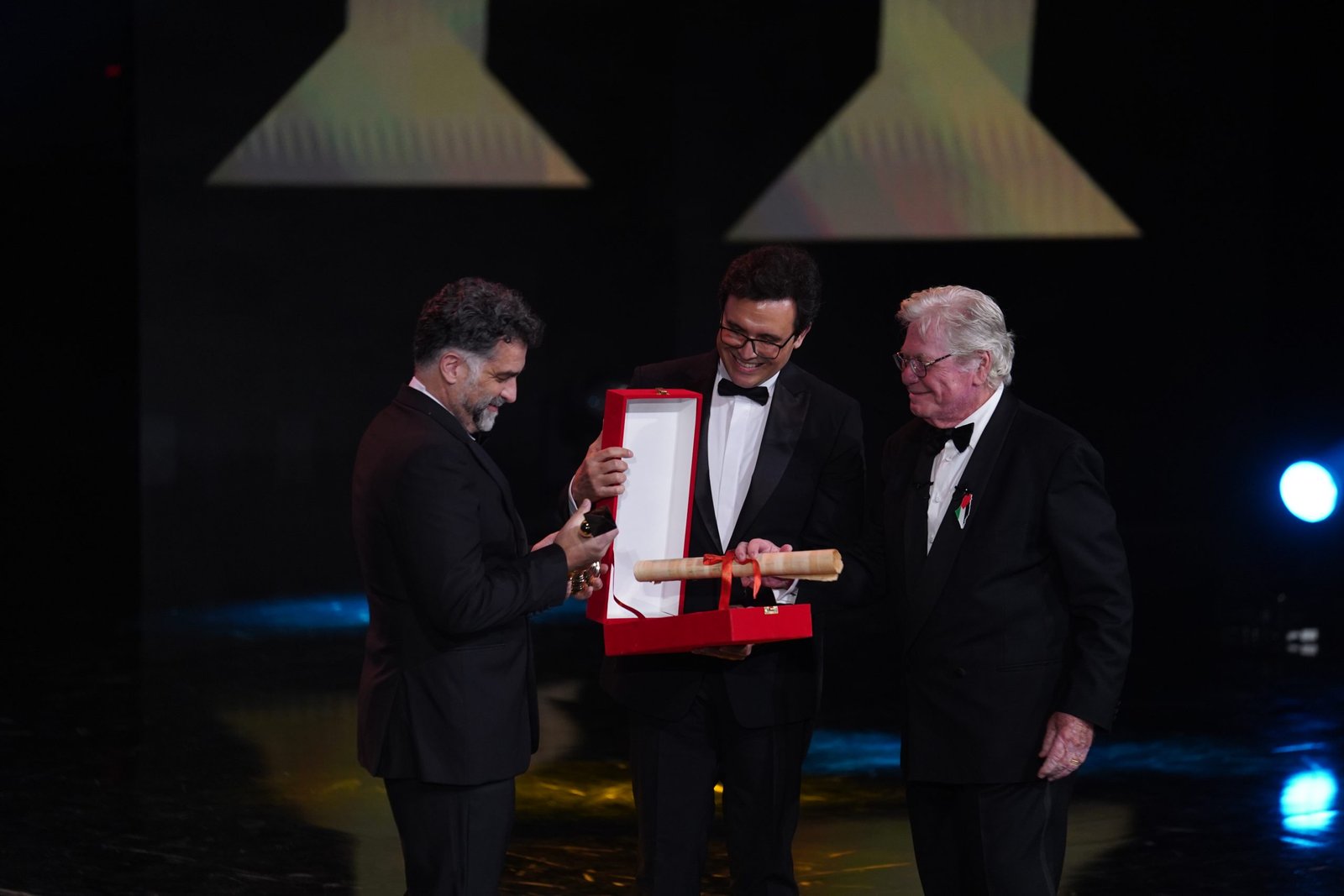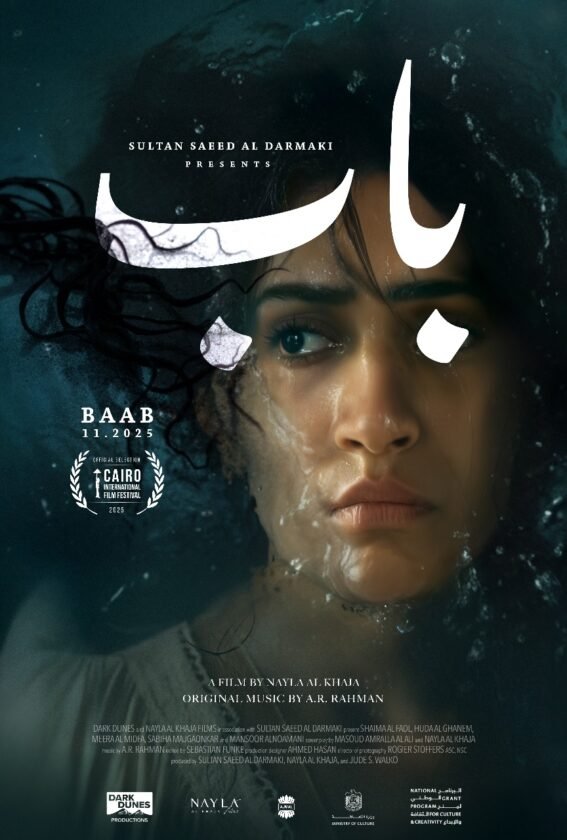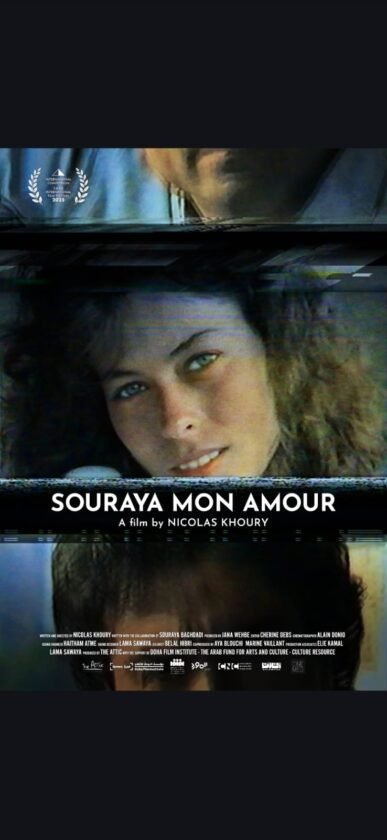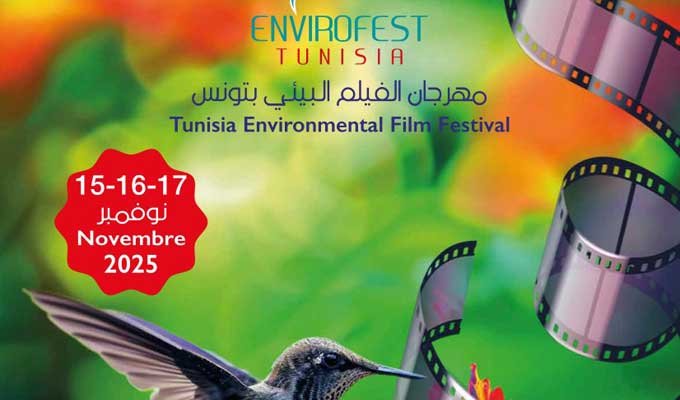The 46th edition of the Cairo International Film Festival (CIFF) kicked off on Wednesday evening with a dazzling opening ceremony in the Egyptian capital, attended by a distinguished gathering of global stars, filmmakers, and cultural figures.
Among the prominent attendees were veteran actor Hussein Fahmy, President of the Festival; Dr. Ahmed Fouad Henno, Minister of Culture; Mohamed Tarek, the Festival’s Artistic Director; and acclaimed filmmaker Mohamed Abdel Aziz. The event also saw the participation of renowned Egyptian stars including Yousra, Lebleba, Mahmoud Hemida, Khaled El Nabawy, Ahmed El Sakka, and Khaled El Sawy.
The ceremony opened with the Egyptian national anthem, followed by a keynote address from Hussein Fahmy, who welcomed guests and said:
“We celebrate today the opening of the 46th Cairo International Film Festival, which I am honored to lead. Egypt—the land of art, culture, and history—is reshaping its present through the dedicated efforts of its people. These sincere efforts fill us with pride, joy, and belonging. Egypt has never hesitated to support its neighbors or fulfill its humanitarian duty, as reflected in its solidarity with Sudan and Lebanon and its steadfast support for the Palestinian cause—efforts that culminated in the Sharm El-Sheikh Agreement to halt the aggression on Gaza.”
He went on to highlight Egypt’s recent international achievements, noting:
“Egypt continues to shine through its distinguished sons and daughters, such as Dr. Khaled El-Anani, Secretary-General of UNESCO, and Dr. Mina Rizk, Chair of the FAO Executive Council, as well as our national football team qualifying for the World Cup, and the spectacular opening of the Grand Egyptian Museum—a vision first conceived by the great artist Farouk Hosny, to whom I extend special tribute.”
Fahmy concluded:
“Egypt is always capable of miracles. With determination and creativity, it continues to craft exceptional cinematic moments—timeless scenes in the story of the Lady of Splendor, the Mother of the World. Today marks a new renaissance for Egypt: a new era of creativity, success, and artistic accomplishment—an era that begins with all of you, where cinema stands as a cornerstone of our national cultural revival.”
Fahmy then invited Dr. Ahmed Fouad Henno, Minister of Culture, to officially open the festival.
In his address, Henno welcomed the artists and filmmakers, saying:
“Tonight, we gather once again in the presence of cinema’s enchanting eye—the camera that transports us into countless worlds and allows us to live a thousand lives. It is the magic that unites us and captures moments that history will never forget.”
He drew a poetic connection between cinema and Egypt’s ancient legacy, recalling the discovery of Tutankhamun’s tomb:
“More than a century ago, a story of discovery changed the course of history. Tutankhamun was its hero, and young Hussein Abdel Rasoul the spark that set it in motion. Through a beam of light, Howard Carter beheld the face of the golden king—a masterpiece crafted by Egyptian hands. Though the emotions of that moment were never photographed, cinema has since revived them, breathing life into imagination and permanence into history.”
Henno continued:
“After 103 years, the Grand Egyptian Museum restores that moment’s glory—reviving imagination, energy, and the voice of Egyptian civilization. It stands as a monument to the genius of the Egyptian people, capable of giving soul to stone and eternity to image. This architectural marvel will inspire countless untold stories drawn from its timeless aura.”
He added that cinema continues to play a vital role in documenting Egypt’s story:
“As it has revived the past through the Grand Museum, cinema will also restore the brilliance of the present, as seen in Sharm El-Sheikh, where world leaders, led by President Abdel Fattah El-Sisi, gathered with peace as the hero and humanity as the goal.”
Henno emphasized that countless real-life stories—from Gaza’s pain to Africa’s hope—deserve to be told through the lens of cinema, “the art that mirrors a nation’s soul, bridges cultures, and speaks one universal language: beauty and humanity.”
He concluded by inviting guests “to set sail into the worlds of cinema, to rediscover the human within us, and to make art a renewed promise of peace, life, and beauty,” promising an exceptional edition of CIFF that celebrates humanity and positions cinema as a path toward freedom and enlightenment.
Following the official declaration of the festival’s opening, Hussein Fahmy presented an overview of Egypt’s Film Restoration Initiative, launched in collaboration with the Cultural and Cinematic Investment Holding Company and the Film Restoration Center in Media Production City.
He announced that more than 1,400 classic Egyptian films are being restored and subtitled to reach global audiences, extending gratitude to Dr. Eman Younis, Eng. Ezz El-Din Ghanem, Dr. Abdel Fattah El-Gebali, and Eng. Nada Farhat for their dedicated efforts.
A touching tribute video followed, honoring late Egyptian artists including Nabil El-Halafawy, Samihah Ayoub, Lotfi Labib, Suleiman Eid, Taymour Taymour, Samah Abdel Aziz, and Ahmed Abdullah.
Fahmy expressed appreciation to Egypt’s ministries and institutions supporting the film industry, including the Ministries of Culture, Foreign Affairs, Interior, Tourism and Antiquities, Youth and Sports, the Tourism Promotion Authority, and the Cairo Governorate.
He also thanked the festival’s official partners and sponsors—among them Cred Real Estate, Fresh, Banque Misr, Lexus, VOX Cinemas, EgyptAir, Watch It, Experience Egypt, and the Saudi Film Commission—alongside media partners such as France 24, Monte Carlo International, and DMC.
Later, media presenter Jasmin Taha Zaki took the stage, welcoming the audience and remarking:
“Every edition of the Cairo International Film Festival brings together those who love cinema—an art that continues to mirror society and illuminate the world. Egypt, long a beacon of art and culture, is now witnessing a true renaissance across multiple fields, with cinema at its heart.”
She described Egyptian cinema as “not merely an industry, but a dream, a conscience, and the living memory of a nation that continually proves its vitality and creativity.”
Zaki then introduced the juries for the festival’s official competitions, including:
Nuri Bilge Ceylan (Turkey), chairing the International Feature Film Jury, joined by Basma (Egypt), Bogdan Muresanu (Romania), Guan Hu (China), Nadine Khan (Egypt), Simona Paggi (Italy), and Leyla Bouzid (Tunisia).
Juries for the Arab Cinema Horizons, Critics’ Week, Short Films, Documentary, FIPRESCI, Best Arab Feature, and NETPAC competitions were also introduced.
A special tribute followed for Nuri Bilge Ceylan, who received the Golden Pyramid for Lifetime Achievement, presented by Minister of Culture Dr. Ahmed Fouad Henno.
Actor Khaled El Nabawy was honored with the Faten Hamama Excellence Award, dedicating it to his late parents, his family, his mentors, and “the people of Palestine.”
Finally, the festival honored legendary director Mohamed Abdel Aziz with the Golden Pyramid for Lifetime Achievement in recognition of his prolific career in cinema, theater, and television.
In his heartfelt speech, Abdel Aziz expressed gratitude for the recognition, encouraging young filmmakers to devote themselves to their craft, reminding them that “the more you give to cinema, the more it gives back to you.”
The evening concluded with the screening of the Brazilian film “The Blue Trail”, marking the official opening of this year’s Cairo International Film Festival.
TunisianMonitorOnline (Douha Essaafi)




